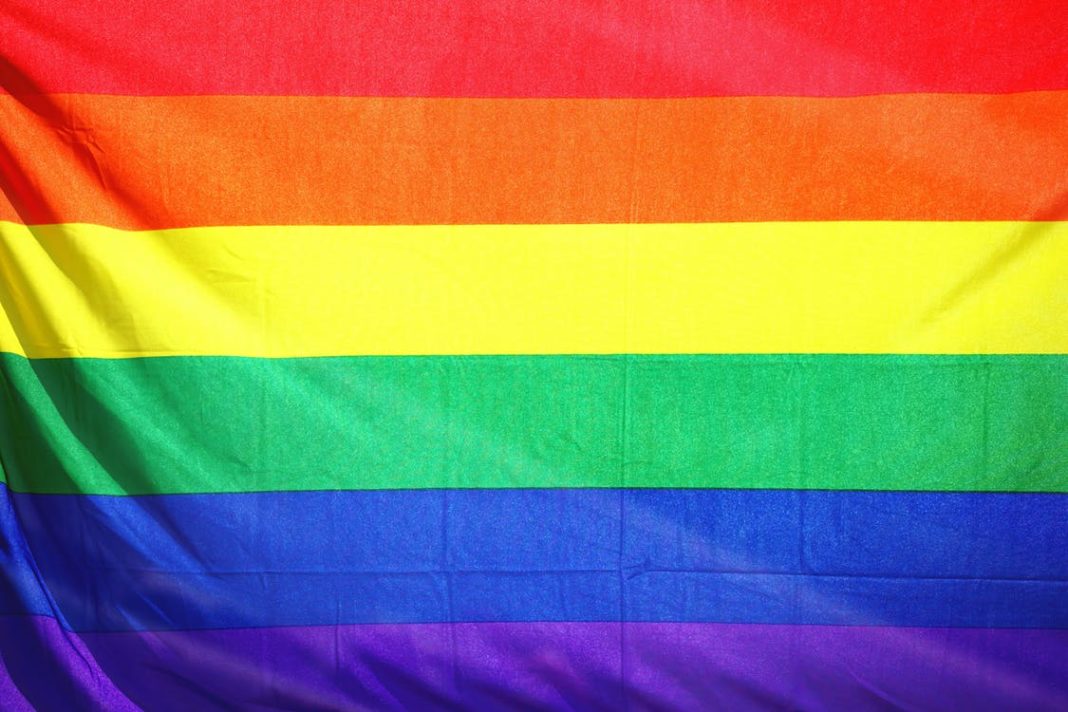The Florida House of Representatives passed a bill prohibiting “classroom discussion regarding sexual orientation or gender identity” in elementary schools. The bill, titled the Parental Rights in Education bill but has been dubbed the “Don’t Say Gay” bill by critics, is expected to pass the state’s Republican-controlled Senate. Gov. Ron DeSantis, a Republican running for re-election and widely regarded as a potential presidential candidate in 2024 elections, has voiced his support for the bill and is expected to sign it into law.
The 69-47 vote on Thursday comes after weeks of national outrage over the bill, which has drawn the attention of international newspapers, Hollywood actors, and the White House.
The Republican Rep. Joe Harding, who introduced the bill, told legislators on the House floor that it is about “empowering parents” and increasing the state’s children’s quality of life.
“It is not hate to set boundaries at a young age about what is suitable in our schools when we are funding our schools,” Harding said. “It’s setting limits, and it’s only fair for our teachers and school districts to know what we expect.”
Harding has stated repeatedly that the bill would not prohibit students from discussing their LGBTQ families in the classroom or from discussing LGBTQ history, such as the 2016 attack on the Pulse nightclub in Orlando.
However, critics have warned that the bill’s broad language could expose districts to lawsuits from parents who believe any discussion about LGBTQ people or issues is inappropriate.
In a dynamic address on the House floor on Thursday, Rep. Carlos Guillermo Smith, a Democrat who is gay, told members that he purposely wore a rainbow Pride ribbon upside down “as a symbol that the LGBTQ population in Florida is in trouble.”
“This bill is another attack on our community,” Smith said. “This bill is much more than the words on the page. It sends a terrible message to our students that there is something so improper, so inappropriate, so harmful about this topic that we have to suppress it from classroom education.”
Other opponents warned about the potential harm the law may impose on the state’s LGBTQ youths, highlighting the population’s horrific mental health challenges.
A national poll by the Trevor Project, an LGBTQ youth suicide prevention and intervention nonprofit, found that 42 percent of LGBTQ teenagers seriously considered trying suicide last year. More than half of transgender and nonbinary kids who were questioned seriously considered suicide, it also found.
Separately, the Trevor Project found that LGBTQ kids who reported having at least one LGBTQ-affirming environment had decreased chances of trying suicide.
In a statement, Amit Paley, the project’s CEO and executive director, said, “Lawmakers should be supporting LGBTQ students and their families and encouraging schools to be inclusive, not pitting parents against teachers and excluding the LGBTQ population from public education.” “When lawmakers treat LGBTQ issues as taboo and label our community as unfit for the classroom, it only adds to the stigma and discrimination already in place, putting LGBTQ youth at greater risk of bullying, despair, and suicide.”
Democrats also complained that the legislation’s phrasing makes it unclear what age groups the bill could apply to. The law says talks about “sexual orientation or gender identity may not occur in kindergarten through grade 3 or in a manner that is not age appropriate or developmentally appropriate for pupils in accordance with state standards.”
Rep. Michael Grieco, a Democrat, warned other legislators, “Anybody who thinks that this bill is exclusively about kindergarten through third grade is either incorrect or flat-out dishonest.”
According to PEN American, a nonprofit organization that works for free speech, 15 other laws are under consideration in eight states that would cap discourse about LGBTQ identities in classrooms, in addition to Florida’s “Don’t Say Gay” measure. According to GLSEN, an advocacy group dedicated to ending LGBTQ discrimination in education, three states enacted similar bills last year, known as “no promo homo” laws, which allow parents to opt their children out of any lesson or coursework that addresses sexual orientation or gender identity.
According to Freedom for All Americans, conservative state legislators have submitted more than 170 anti-LGBTQ bills in less than two months this year, exceeding last year’s total of 139. The nonprofit organization, which fights for LGBTQ nondiscrimination laws across the country, has stated that it did not track LGBTQ school policy bills last year because they were not as prevalent as they are now.
Most of this year’s planned anti-LGBTQ legislation — at least 92 proposals — directly target trans persons.
A request for comment from the White House was not immediately returned. President Joe Biden has previously chastised Florida’s “Don’t Say Gay” legislation, promising to “fight for the protections and safety” of LGBTQ youngsters.
Smith mirrored Biden’s sentiments while speaking on the House floor.
“I want to make sure that those LGBTQ youth in Florida, across the country, and around the world who are watching know this: You are loved,” she said. You are not alone. And we’ll fight for you every single day because you’re worth fighting for,” Smith said.



